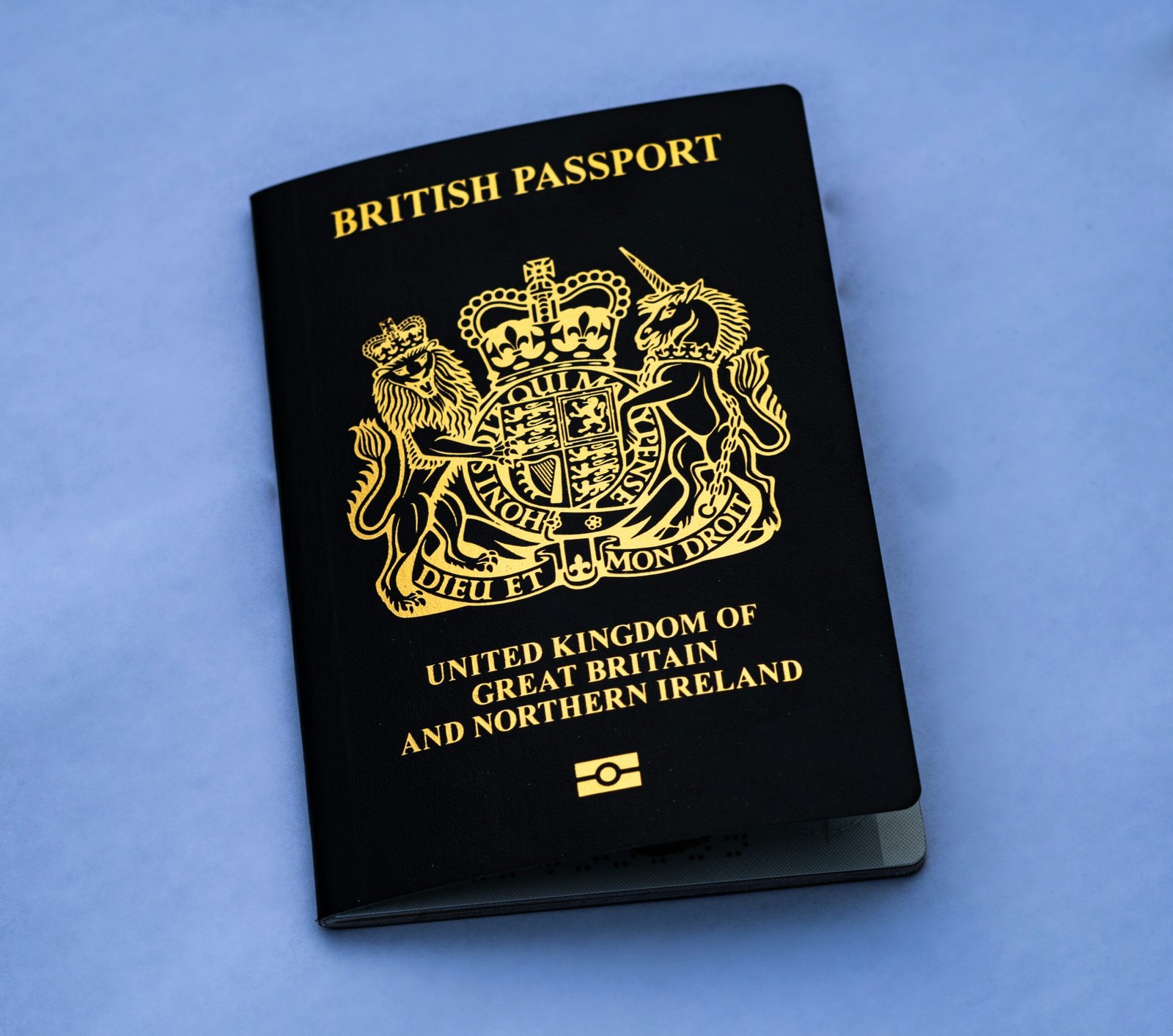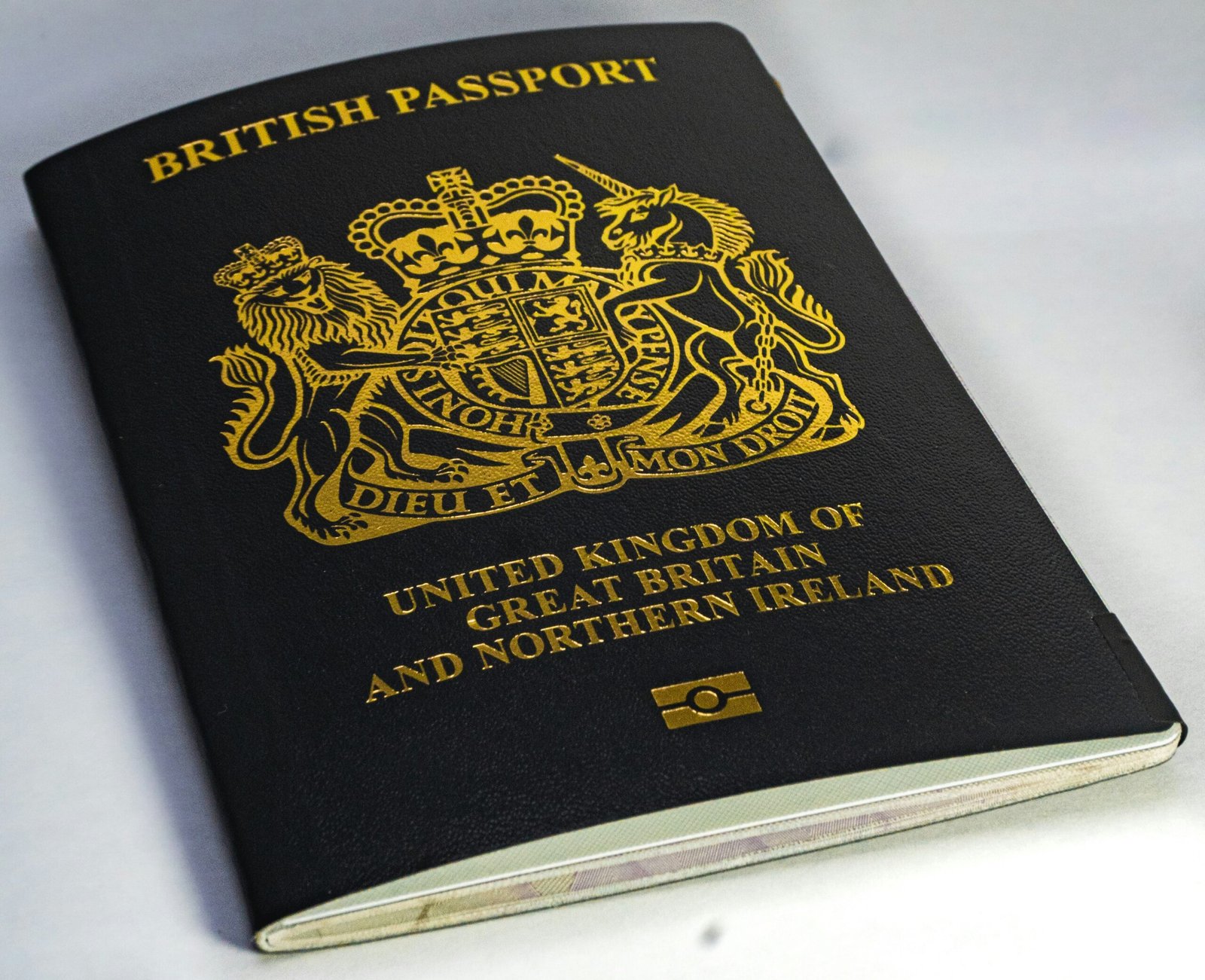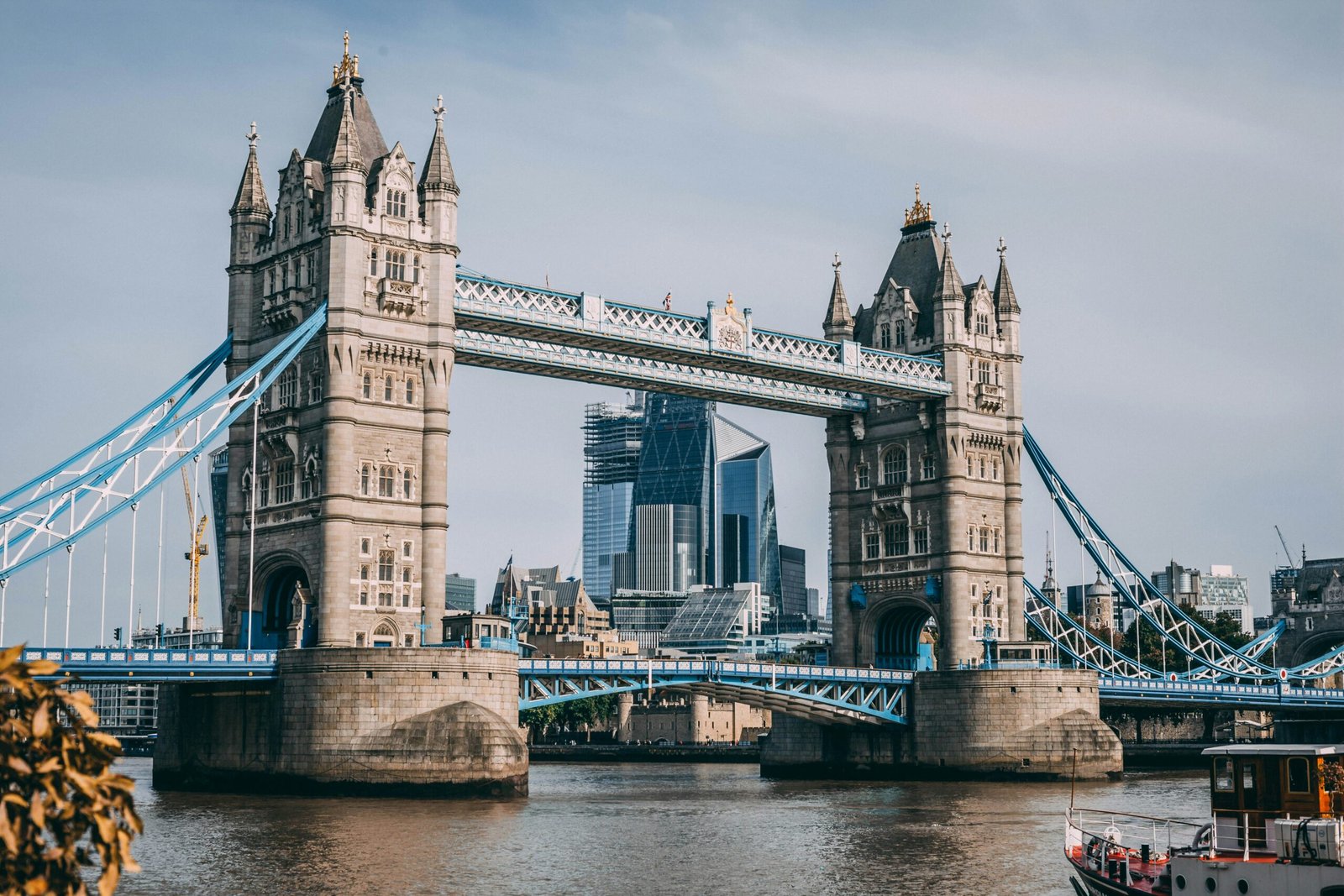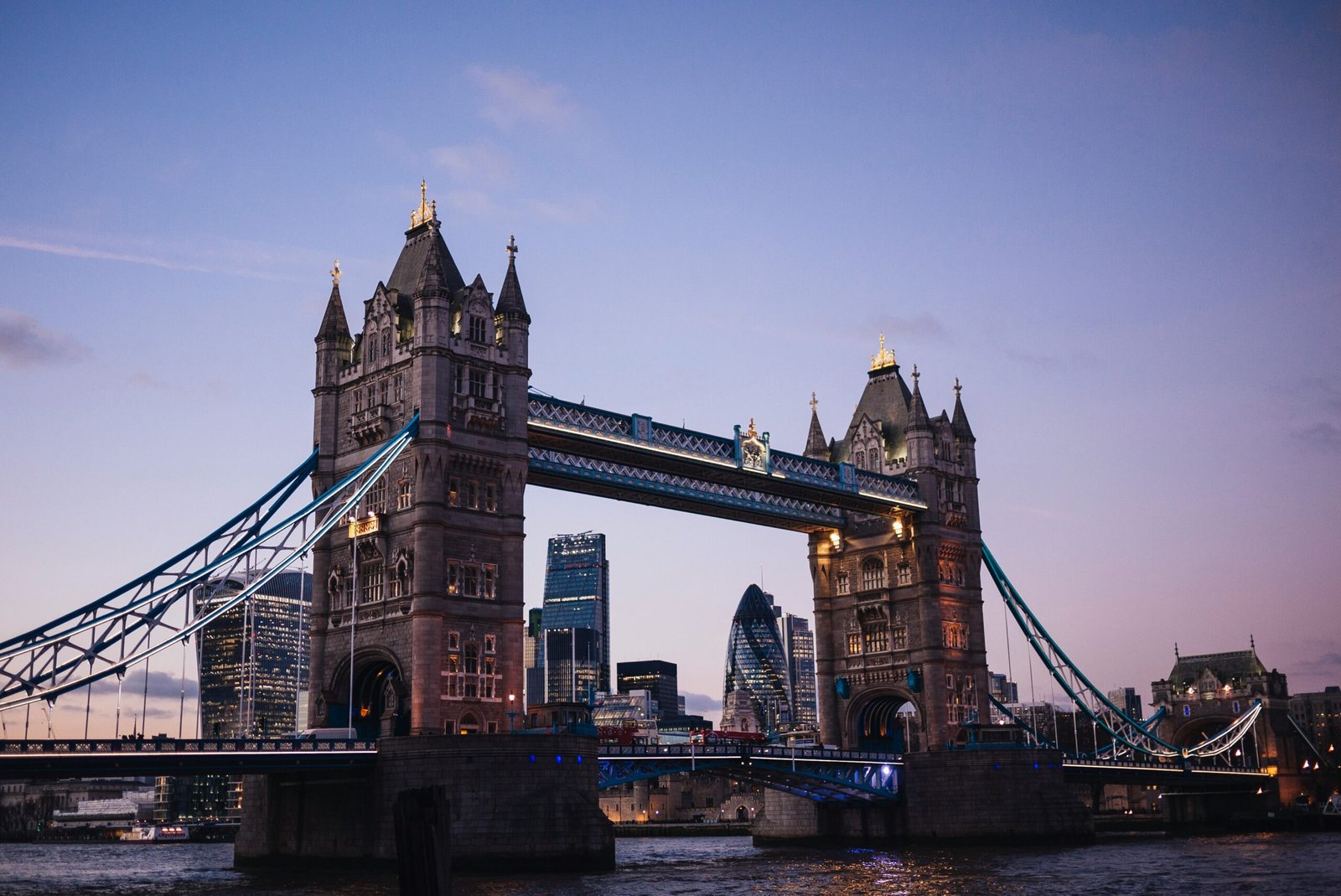No one wants to move to a new city only to find their budget stretched thinner than a well-worn ten-pound note! If you’re eyeing up London or Manchester for your next chapter in the UK, you’re probably wondering: “How much does it really cost to live there?”
It’s a huge question, and the answer, as with most things in life, is “it depends.” But let’s dive in and break down the major expenses, giving you a realistic picture of what your money might buy in the bustling capital versus the vibrant northern hub.
How Much Does It Cost to Live in London vs. Manchester? (The Ultimate UK City Showdown!)
Choosing between London and Manchester is like picking between two fantastic but very different albums. Both offer incredible opportunities, culture, and excitement, but your wallet will definitely feel the difference. Let’s crunch some numbers and see how they stack up in mid-2024.
The Big One: Accommodation (Where Your Money Goes First!)
This is usually the biggest chunk of anyone’s monthly outgoings, and it’s where London truly outpaces Manchester.
- London: Prepare for a shock. London’s average rent for a 1-bedroom apartment in the city centre can easily be over £2,000 per month, and often much more. Even a studio can hover around £1,200 – £1,700. If you venture to the outer boroughs, prices drop, but you’re still looking at significantly higher rents than almost anywhere else in the UK. For a 3-bedroom house, you could be looking at £2,000 – £5,000+, depending on the area.
- Manchester: Ah, a breath of fresh air for your budget! Manchester offers much more bang for your buck. A 1-bedroom apartment in the city centre might range from £850 to £1,100. A studio could be around £700. For a 3-bedroom apartment, you might expect to pay around £1,900 in the city centre, or around £1,000 – £1,400 for a furnished apartment outside the centre. While prices have been rising, Manchester remains significantly more affordable for housing.
The takeaway: If your budget is tight, Manchester wins hands down on rent.
Getting Around: Transport Costs
Both cities have excellent public transport, but again, London’s comes at a premium.
- London (TfL): London’s Tube, bus, DLR, and Overground network is extensive but costly. As of March 2025, bus and tram fares are frozen at £1.75 per journey, with a daily cap at £5.25. However, Tube and rail fares are set to rise by 4.6%. A monthly Zone 1-2 Travelcard can be around £160-£170, and if you need to travel further out, these costs quickly escalate.
- Manchester (Transport for Greater Manchester): Manchester’s integrated transport system, including buses, trams (Metrolink), and trains, is generally more affordable. A monthly bus/tram pass will be significantly cheaper than a London Travelcard, often around £70-£90 for unlimited travel within certain zones. If you mostly walk or cycle in the city centre, your costs will be even lower.
The takeaway: Manchester offers more affordable and often simpler public transport options.
Daily Essentials: Groceries and Utilities
Food and bills are necessary no matter where you live, and while there’s less of a dramatic difference here, London still nudges ahead.
- Groceries:
- London: Prices for common items like milk, bread, and eggs are generally a bit higher. Eating out, especially in central London, can be significantly more expensive. A basic lunch menu might be around £18-£20, and a dinner for two at a mid-range restaurant could hit £70+.
- Manchester: While not “cheap,” grocery prices are often slightly lower than in London. You can find better deals in supermarkets like Aldi and Lidl. Dining out is also generally more affordable, with an inexpensive meal around £10-£15 and a mid-range dinner for two often in the £40-£60 range.
- Utilities (Electricity, Gas, Water, Internet):
- For a typical 1-2 bedroom house/flat, average monthly utility bills (electricity, gas, water, internet) across the UK are estimated to be around £150-£200+. London might be at the higher end of this range due to generally higher service charges and potentially larger property sizes in some areas, while Manchester might be slightly below or in the middle. Internet costs are fairly comparable across both cities.
- Council Tax: This varies by local authority and property band. London boroughs generally have higher council tax rates than Manchester. This is an often-overlooked but significant monthly expense.
The takeaway: Manchester offers marginal savings on groceries and utilities, but the real difference is in dining out.
Leisure & Lifestyle: What You Do for Fun
This is where your personal choices heavily influence costs, but the general price tags differ.
- Entertainment:
- London: Has world-class theatre, museums (many free!), concerts, and endless nightlife. While some attractions are free, paid events, cinema tickets (£15+), and drinks can be very pricey. A pint of beer in London could be £6-£8.
- Manchester: Also boasts a fantastic cultural scene with theatres, music venues, and museums. Cinema tickets are typically cheaper (£10-£12), and a pint might set you back £4-£6. There are plenty of free activities and vibrant nightlife options that won’t break the bank as quickly as in London.
- Gym Membership: Prices are fairly comparable, perhaps £30-£60 per month depending on the gym and facilities in both cities.
The takeaway: You can definitely enjoy a vibrant social life in Manchester without spending nearly as much as in London.
Salaries: Does London’s Higher Pay Compensate?
It’s true that salaries are generally higher in London, especially in sectors like finance, tech, and creative industries. The average salary in London can be around £42,000 – £45,000+ per year, compared to Manchester where average salaries might hover around £30,000 – £35,000.
The balancing act: While London offers higher earning potential, the drastically higher cost of living, particularly rent, often means that disposable income in London isn’t as high as the raw salary figures might suggest. Many find that their quality of life, in terms of what they can afford after essential bills, is actually better in Manchester on a lower salary.
Summary: Monthly Cost Estimates (for a Single Person, excluding rent)
- London: You could realistically budget around £1,000 – £1,400+ per month for everything except rent (groceries, transport, utilities, socialising, personal care).
- Manchester: You could realistically budget around £700 – £1,000 per month for everything except rent.
Add in your rent, and you’ll see the stark difference!
So, Which City Is For You?
- Choose London if:
- Your job sector is predominantly in London and offers a significantly higher salary that genuinely offsets the cost.
- You crave the unparalleled global opportunities, diverse culture, and endless buzz of a true capital city, and are willing to pay for it (potentially through smaller living spaces or flat-sharing).
- You thrive on constant activity and don’t mind the crowds.
- Choose Manchester if:
- You want a vibrant city experience with a strong job market (especially in tech, media, healthcare) but a significantly lower cost of living.
- You value getting more space for your money, potentially a better work-life balance, and easier access to northern nature.
- You enjoy a strong community feel and a city that feels a bit more “manageable.”
Ultimately, the best city for you depends on your priorities, career path, and what you’re willing to pay for your lifestyle. While London offers the pinnacle of urban living, Manchester stands as a fantastic, more financially accessible alternative that doesn’t compromise on big-city excitement.












Leave a comment